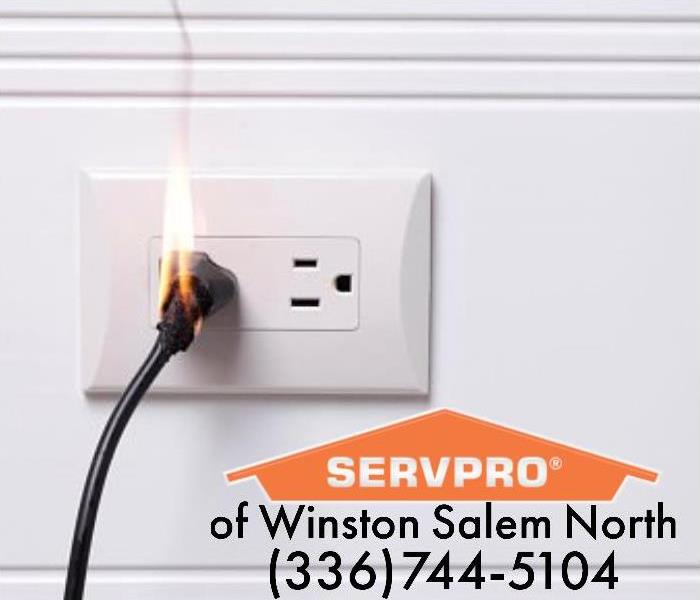During a Fire Checklist
9/3/2020 (Permalink)
 While we hope you never experience a disaster in your home, we do know we are ready to help you restore it in the event of one
While we hope you never experience a disaster in your home, we do know we are ready to help you restore it in the event of one
During a Fire
- Crawl low under any smoke to your exit - heavy smoke and poisonous gases collect first along the ceiling.
- Before opening a door, feel the doorknob and door. If either is hot, or if there is smoke coming around the door, leave the door closed and use your second way out.
- If you open a door, open it slowly. Be ready to shut it quickly if heavy smoke or fire is present.
- If you can’t get to someone needing assistance, leave the home and call 9-1-1 or the fire department. Tell the emergency operator where the person is located.
- If pets are trapped inside your home, tell firefighters right away.
- If you can’t get out, close the door and cover vents and cracks around doors with cloth or tape to keep smoke out. Call 9-1-1 or your fire department. Say where you are and signal for help at the window with a light-colored cloth or a flashlight.
- If your clothes catch fire, stop, drop, and roll – stop immediately, drop to the ground, and cover your face with your hands. Roll over and over or back and forth until the fire is out. If you or someone else cannot stop, drop, and roll, smother the flames with a blanket or towel. Use cool water to treat the burn immediately for 3 to 5 minutes. Cover with a clean, dry cloth. Get medical help right away by calling 9-1-1 or the fire department.
Fire Escape Planning for Older Adults and People with Access or Functional Needs
- Live near an exit. You'll be safest on the ground floor if you live in an apartment building. If you live in a multi-story home, arrange to sleep on the ground floor, and near an exit.
- If you use a walker or wheelchair, check all exits to be sure you get through the doorways.
- Make any necessary accommodations, such as providing exit ramps and widening doorways, to facilitate an emergency escape.
- Speak to your family members, building manager, or neighbors about your fire safety plan and practice it with them.
- Contact your local fire department's non-emergency line and explain your special needs. Ask emergency providers to keep your special needs information on file.
- Keep a phone near your bed and be ready to call 911 or your local emergency number if a fire occurs.






 24/7 Emergency Service
24/7 Emergency Service